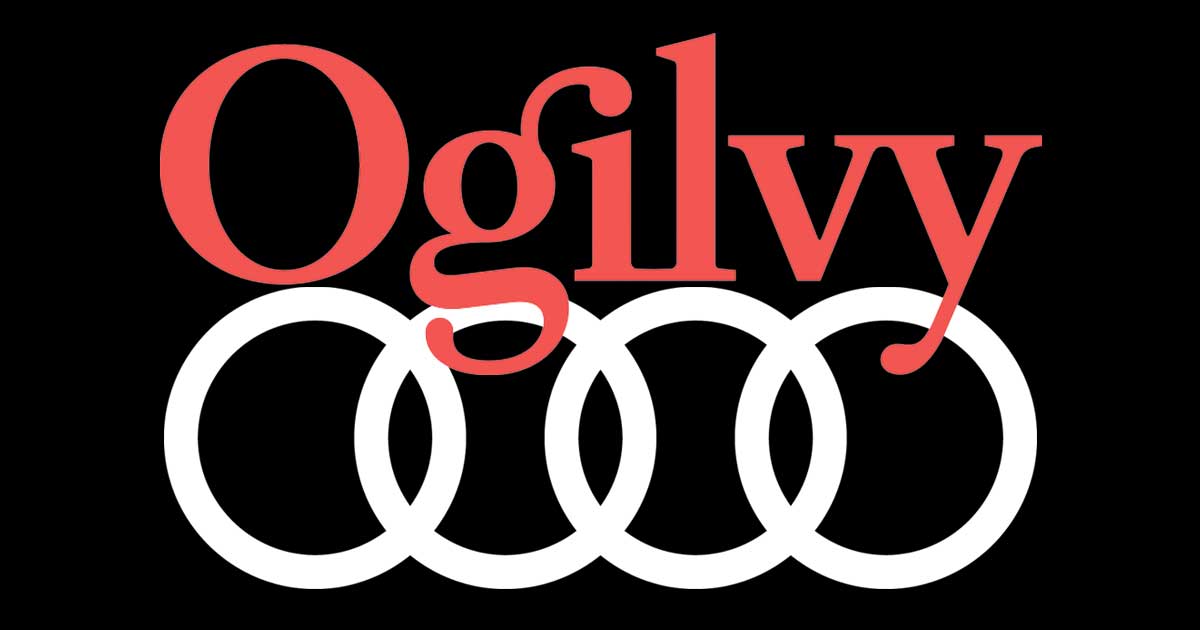By Dele Ojo
Financial inclusion has continued to assume increasing recognition across the globe among policy makers, researchers and development oriented agencies. Its importance derives from the promise it holds as a tool for economic development, particularly in the areas of poverty reduction, employment generation, wealth creation and improving welfare and general standard of living.
Despite opportunities the telecommunications revolutions have offered the country in the last 20 years, especially with 297 million telephone lines connected, low financial inclusion remain key challenge yet to be addressed. The financial inclusion drive of the Federal Government has been slow in leveraging mobile penetration in the country.
In spite of this gap, the telecommunications revolution has been awesome. Between January and August 2001, when the Digital Mobile License (DML) auctions were conducted for the rollout of services and August 2021, some 297.3 million telephone lines have been connected with current active GSM subscriptions now about 187.3 million lines.
According to the Enhancing Financial Innovation and Access (EFInA), only 67.5 million (64 per cent) of the 105.5 million adult population were financially included in the year 2020. EFInA also stated that 36 per cent of Nigerian adults remained completely financially excluded as of the end of 2020.
However, in the same 2020, which was the year of the pandemic, mobile network operators (MNOs) that is the quartet of MTN, Airtel, Globacom and 9mobile, activated 18.6 million new telephone lines on their various networks.
EFInA, in a recent report, titled: ‘Access to Financial Services in Nigeria 2020 Survey,’ revealed that the growth marginally increased from 63.2 per cent to 64.1 per cent in the period under review.
It informed that in 2016, 58.4 per cent of Nigeria’s 96.4 million adults were financially included, comprising 38.3 per cent banked, 10.3 per cent served by other formal institutions and 9.8 per cent served by informal service providers.
The survey noted that in 2020, Nigeria the planned to capture 70 per cent of its adult population in the formal financial services sector and 10 per cent in the informal sector, but the novel coronavirus dealt a great blow to the mission.
Giving more insight, EFInA’s Chief Executive Officer, Ashley Immanuel, observed that amid the challenging economic circumstances, financial inclusion continued to grow incrementally, with more than half of Nigerian adults using formal (regulated) financial services for the first time.
She said, at the current progress rate, the National Financial Inclusion Strategy targets of 2020 would not be met until around 2030. Immanuel, however, submitted that the country could achieve the goals much faster if it followed paths taken by other African nations, especially their mobile money strategies.
Indeed, mobile money, which should have given a fillip to financial inclusion in Nigeria, owing to the huge number of mobile phones in the country, refused to gain traction.
Though, the forecast is placing smartphone usage in Nigeria at 140 million by 2025, with an assurance that more people will turn to these devices for social and profitable reasons, the success story of India’s financial inclusion drive, which leveraged the use of smartphone, holds lessons for Nigeria.
Telecommunications companies to the rescue
According to the Central Bank of Nigeria, Financial inclusion is achieved when adult Nigerians have easy access to a broad range of formal financial services that meet their needs at an affordable cost.” The services include, but are not limited to, payments, savings, loans, insurance, and pension products.
Some of the Strategies for achieving the financial inclusion targets include but not limited to these; Agent banking – Agent banking is the delivery of banking services outside traditional bank branches through touchpoints such as existing retail stores and petrol stations or via technology such as ‘Point of Sale’ (POS) devices and mobile phones.
Mobile banking / mobile payments – Access to financial services through mobile phones that are either directly linked to a bank account or the use of mobile wallets as intermediary virtual money accounts.
Therefore, to take advantage of the available opportunities, the four telecommunications giants have repositioned themselves and applied to operate in the payment service banks (PSB) terrain of the banking business in Nigeria.
Notifying the capital markets stakeholders last week through The Nigerian Exchange, MTN Nigeria PLC said it received an approval in principle on Nov.4,2021 from the CBN to operate a its proposed MoMo Payment Service Bank Limited.
“This is the first step in the process towards a final approval, subject to the fulfilment of certain conditions as stipulated by the CBN. The decision to issue a final approval is firmly within the regulatory purview of the CBN and we respect their right and judgement in that regard” it enthused.
While it looks forward to the eventual grant of a final PSB licence, MTN affirms its commitment towards the financial inclusion agenda of the CBN and the Federal Republic of Nigeria and would continue to explore means whereby it can contribute to its fulfilment.
Recently, Airtel Africa, launched a comprehensive sustainability strategy detailing its plans to improve the lives of millions of people across Africa through digital and financial inclusion and others. The Financial inclusion goal is to significantly increase financial inclusion in Africa, with particular support for women through the development of affordable financial products to meet the needs of the un- and under-banked, a reliable service and financial confidence and literacy.
And on November 5th, 2021, the company announced that its subsidiary SMARTCASH Payment Service Bank Limited has been granted approval in principle to operate a payment service bank business in Nigeria.
Notifying the investing public through The Nigerian Exchange, SegunOgunsanya, CEO, Airtel Africa, said: “I am very pleased that Smartcash has been granted an approval in principle to operate a service bank business in Nigeria. We will now work closely with the Central Bank to meet all its conditions to receive the operating licence and commence operations. The final operating licence will enable us to expand our digital financial products and reach the millions of Nigerians that do not have access to traditional financial services. I am looking forward to working closely with the Government, the Central Bank and traditional financial institutions to expand financial inclusion and meet the evolving needs of our customers and the economy.“
Giving specific functions of payment service bank, the Central Bank explained that the Payment Service Banks shall use the words “Payment Service Bank” in its name to differentiate it from other banks. However, the name of a PSB shall not include any word that links it to its parent company or promoter.
Also, they shall:
1. Operate mostly in the rural areas and unbanked locations targeting financially excluded persons, with not less than 25% financial service touch points in such rural areas as defined by the CBN from time to time;
2. Enter into direct partnership with card scheme operators. Such cards shall not be eligible for foreign currency transactions;
3. Deploy ATMs in some of these areas;
4. Deploy Point of Sale devices;
5. Be at liberty to operate through banking agents (in line with the CBN’s Guidelines for the Regulation of Agent Banking and Agent Banking Relationships in Nigeria);
6. Roll out agent networks with the prior approval of the CBN;
7. Use other channels including electronic platforms to reach-out to its customers;
8. Establish coordinating centres in clusters of outlets to superintend and control the activities of the various financial service touch points and banking agents;
9. Be technology-driven and shall conform to best practices on data storage; security and integrity; and
10. Set up consumer help desks (physical and online) at its main office and coordinating centres.
As at September 31, 2021, only three payment service banks have been registered by the Central Bank of Nigeria, they are; HOPE PSB LIMITED, MONEYMASTER PSB LIMITED, and 9 PSB LIMITED.







Comment
No comments found.